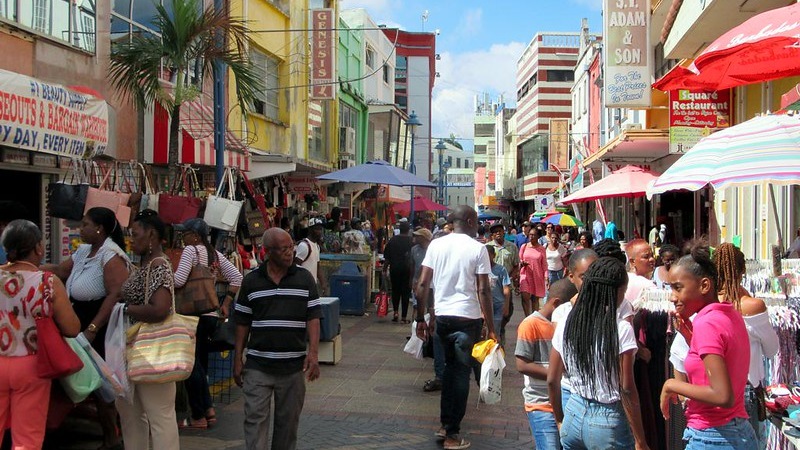As the rest of the world is busy with the festivities and preparations to usher in the New Year a lot has been happening in Barbados. Just recently the country broke ties with the British monarchy and elected Sandra Mason as its first president after becoming a republic.

At the same time the country recognized its long term philanthropist and renowned singer, Rihanna as its 11th national hero. Rihanna was crowned in the ceremony held in Bridgetown on November 30th 2021; the same day Barbados became a republic. Besides remaining true and advocating for her Caribbean roots in her musical career Rihanna has been in the forefront in fighting poverty through charity work in her country.
Rihanna has a special interest in Barbados’s health and education sector which she has been supporting for many years. She for instance donated ventilators worth over $700,000 when the deadly Coronavirus pandemic hit the world shaking Barbados’s health sector. As a way of honoring her efforts the country crowned her its 11th national hero after becoming a republic.
In addition to crowning Rihanna and becoming a republic, Barbados’s government has also promised to provide its citizens with a universal basic income.
What the universal basic income means for Barbados’s citizens

As a way of relieving the citizens from the hardships of Covid-19 Barbados’s government is planning to offer a monthly stipend to its entire people. This will help them recover from the negative impacts caused by the pandemic.
Revealing the news, Barbados Special Envoy to the prime minister, Avinash Persaud revealed that the fund may be offered in form of a citizen dividend.
Avinash also revealed that the fund could be combined with the country’s existing reverse tax credit, a fund that tops up income for individuals whose salary is below basic level.
It’s not yet clear how much the dividend will be or when the government will start rolling it out. Avinash noted in a Facebook post, “The idea is that some of the income produced every year would be given back to all citizens over the age of 18, perhaps in the form of a citizen’s dividend. Over time the citizen’s dividend and reverse tax credit could form the basis of a universal basic income and create a greater sense of belonging to all of our people. We welcome other practical, effective ideas on how to achieve this goal quicker.’

